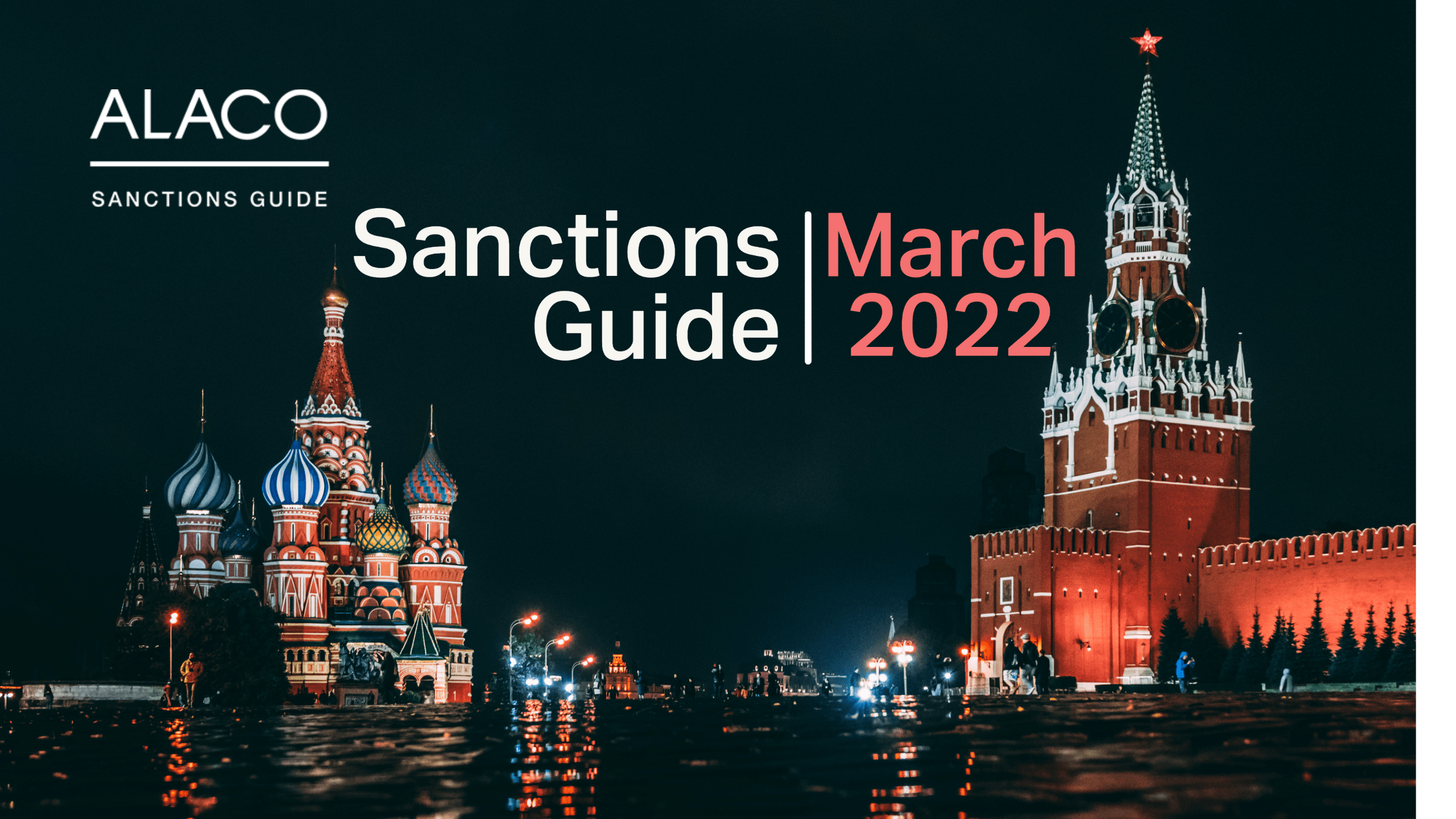Russia’s invasion of Ukraine on 24th February has resulted in an enormous wave of new sanctions being placed on the country through coordinated action by the US, EU, UK and other allied countries. These sanctions are aimed at crippling Russia’s economy and severely restricting the ability of the state, as well as private actors, to engage with international markets. A round up of the measures announced to date are described below:
- Prior to the invasion, on 10th February 2022 the UK updated its sanctions programme on Russia giving it significant powers to impose restrictions on the Russian state and other economic and political actors. On 21st February 2022, following Russia’s recognition of the breakaway Donetsk People’s Republic (“DNR”) and the Luhansk People’s Republic (“LNR”), significant trade restrictions were imposed on the territories, blocking investment and trade with the region. Similar measures were later imposed on the territories by the UK and EU.
- Initially, several regional actors became subject to sanctions and other restrictions. On 23rd February 2022 the UK sanctioned five relatively minor Russian banks and three businessmen – Gennady Timchenko and Boris and Arkady Rotenberg – who are thought to be close to President Putin. The EU sanctioned the entirety of the Russian parliament as well as other individuals in military and political circles. The EU further imposed restrictions on providing financing to the Russian Government and the Russian Central Bank, restricting Russia’s access to EU capital and financial markets. The US imposed what it termed as its “first tranche” of new sanctions against Russia, which sanctioned Promsvyavbank and VEB.RF (Vnesheconombank), as well as five members of the Russian elite. The US also introduced restrictions on dealing on Russian debts in the secondary market, and added a number of major Russian financial institutions to its sectoral sanctions programme.
- On 24th February – the day of the invasion – the UK announced that it had sanctioned major Russian state-owned bank VTB Bank and a number of other companies and individuals linked to the country’s military-industrial complex. Other measures included the announcement of measures to restrict Russian persons and entities raising finance on UK markers and a large number of asset freezes to be imposed on those supporting “Putin’s war machine”. The amount of funds Russian citizens can have in UK bank accounts was restricted to £50,000 and a ban on the export of all dual-use items and other high-end technology was also announced. The UK announced that Belarus will also face further sanctions for its role in the invasion, although details have not been forthcoming to date.
- The immediate response to the invasion from the US was to sanction the Nord Stream 2 project and its chief executive, while Germany indicated it would halt the certification of the pipeline. On 25th February the US announced that major Russian state-owned bank Sberbank had been blocked from having transactions cleared through the US, effectively halting the bank’s ability to transact in dollars. A number of further restrictions were placed on dealing with equity and debt transactions with a maturity of greater than 14 days for key Russian banks and national enterprises. VTB Bank, Bank Otkritie, Sovcombank and Novikombank were subjected to full blocking sanctions. The UK, EU and US also added both President Putin and Minister of Foreign Affairs Sergey Lavrov onto sanctions lists.
- On 25th February the EU also issued several amendments to its sanctions programme on Belarus, essentially closing a loophole whereby Belarus could export potash and petroleum to the EU via a third country.
- On 28th February the UK, EU and US announced further measures targeting the Russian economy. This included coordinated sanctions by the UK, EU and US against the Central Bank of Russia, the Russian National Wealth Fund and the Russian Ministry of Finance, while there is consensus to ban Russia from the global SWIFT banking network. The US also sanctioned the Russian Direct Investment Fund and its leadership. The UK introduced sanctions against Sberbank, VEB.RF, Sovcombank and Otkritie, largely following the example of the US. The EU also announced major restrictions on Russian entities accessing its capital markets, and a deposit limit of €100,000 for Russians with EU bank accounts. Restrictions were also placed on trading in goods used for oil refining, the aviation and space industry, as well as other dual-use and high-end goods and technology. The EU also introduced further sanctions against Russian business and political leaders, including targeting Alisher Usmanov, a well-known Russian billionaire, as well as the founders of Alfa Group, Mikhail Fridman and Petr Aven.
- Other than measures connected with the war in Ukraine, the UK and US have imposed additional restrictions on Myanmar, targeting a state-owned oil and gas company as well as further individuals connected to the military. Several humanitarian exemptions have also been imposed in relation to Afghanistan by the US and the EU, and Somali officials face further visa restrictions from the US.
- In what may be a sign of progress in negotiations towards a return to the JCPOA, the US has also reintroduced a sanctions waiver to allow foreign companies to participate in non-proliferation activity in Iran relating to nuclear reactors.


